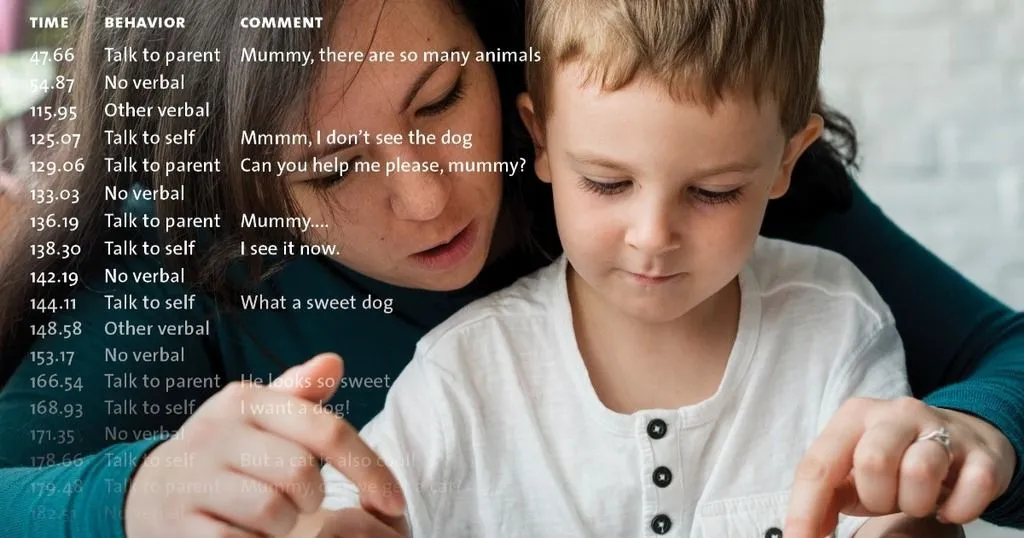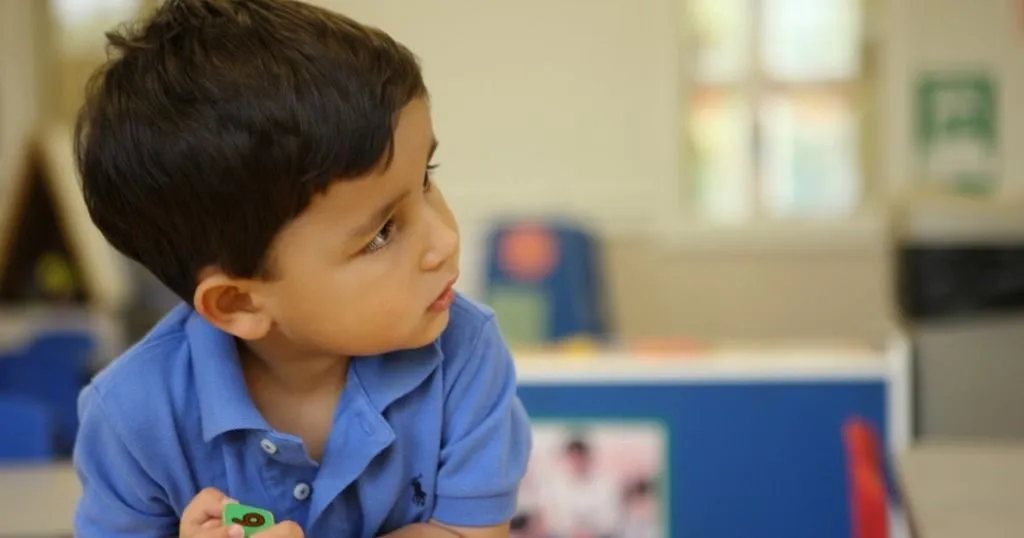Observing communication skills in newly wed couples
Communication is the key to all relationships. Communicating effectively can determine the success or the failure of a relationship.
Posted by
Published on
Wed 19 Jun. 2013
Topics

Communication is the key to all relationships. Communicating effectively can determine the success or the failure of a relationship. Whether it be a couple that has been married for years or newlyweds, communication is extremely important in a marriage. There are some topics that are fairly easy to discuss, and others which are difficult. A husband and a wife may have different views on what topics are most important to discuss, just as a husband and a wife may feel that each has different subjects that they struggle to communicate about well.
Built off previous data
Instead of coming up with completely new data, this study (Williamson et al. 2013) meant to build on the data that was previously collected. There had already been studies that dealt with communication in marriages and how married couples dealt with conflicts that came up. These previous findings allowed them to predict that topics with a more difficult rating given by the couples would cause the couple to exhibit poor communication behavior, and that communication behaviors would vary across the topics. Certain topics would cause better or worse communication.
What was done?
This study picked newlywed couples living in low-income communities in Los Angeles who shared their ethnicity with their spouse. Three different ethnic backgrounds were selected: Hispanic, African American, and Caucasian. Almost all interactions were recorded on video. The Observer XT software was used by trained coders to code the behaviors seen in each session. The data that was used by the coders came from, in particular, an 8 minute discussion in which the couple identified a problem in their relationship together and worked toward solving it during that time.
Preliminary analysis
Couples were asked to fill out an 8-item questionnaire prior to their 8 minute discussion in order to judge relationship satisfaction. Composite behavioral scales were used for positivity, negativity, and effectiveness. The couples rated discussion topics on a scale of difficulty to discuss. In the preliminary analysis, both husbands and wives ranked closeness as the most difficult subject to talk about, which was the category that included all sexual topics. For wives, planning and decision making was the least difficult topic to discuss, while for husbands it was children. Household chores were discussed the most and friends were discussed the least. However, just because a couple chose to discuss a certain topic, that did not indicate satisfaction in the relationship.
A combination of behavior and ranking
This study did not just stop at asking husbands and wives to rank the perceived difficulty of the issues given them. Instead, it went on to observe the behavior that came from discussing topics, and used a combination of the information gained from observing and the ratings given by the couples.
Most difficult topics
In this study, using the rankings and behavior, researchers found overall the most difficult topics to discuss to be personality, children, and friends. Previous studies had found sex to be the most difficult topic for partners to talk about, but in this study, the couples were allowed to choose what they wanted to speak about. Only fifteen couples chose to have a discussion based on closeness, which was the category that included sex. Perhaps the couples didn’t choose to speak about the most difficult topics, whereas in the previous study they were required to.
Overall
Overall, the observed behavior of the couples appeared to have an association with the type of problem they were discussing and how severe it was. The skill a couple had speaking to each other about difficulties mixed with the content of the lives of the couples to produce their overall communication behavior.
Reference
Williamson, H.C.; Hanna, M.A.; Lavner, J.A.; Bradbury, T.N.; Karney, B.R. (2013). Discussion topic and observed behavior in couples’ problem-solving conversations: do problem severity and topic choice matter? Journal of Family Psychology, doi: 10.1037/a0031534.
Related Posts

7 tips to make coding behavioral data more fun

Understanding the micro-dynamics of couples’ interactions

